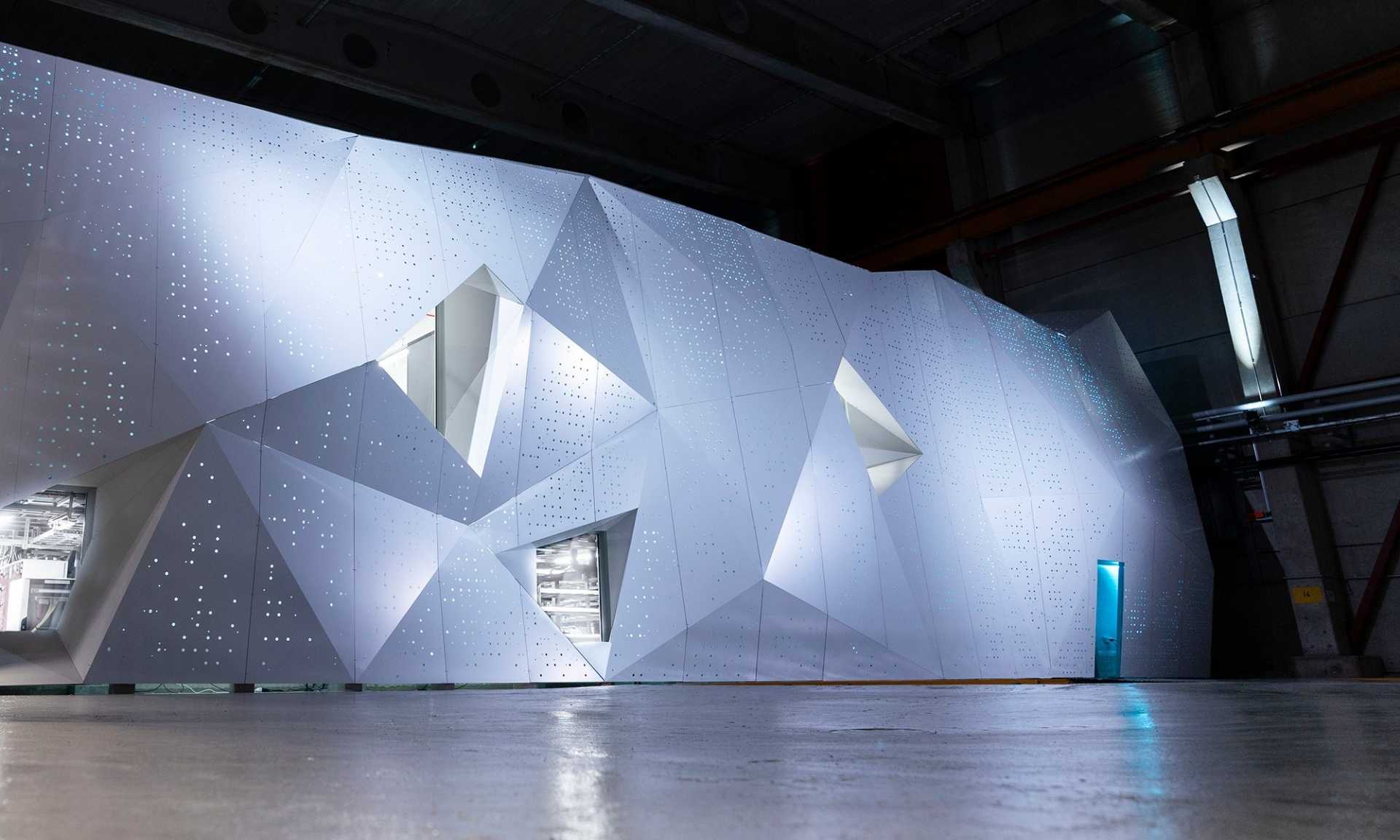Finland’s first quantum computer is ready – Finland also hosts one of the world’s most powerful supercomputers, LUMI
With its power of over 550 petaflops, the LUMI supercomputer is one of the world’s most powerful computers. Meanwhile, the new 5-qubit quantum computer is a big step in making quantum computers manufacturable.

Imagine having a computer that has the power of 1.5 million modern laptops. If you piled all of those laptops on top of each other, the tower would be over 14 miles high. The LUMI (Large Unified Modern Infrastructure) supercomputer, built in Kajaani, Finland, offers just that.
LUMI is about the size of a tennis court and weighs 150 000 kilograms. With its power of over 550 petaflops, it is one of the world’s most powerful computers. Behind the project is an EU consortium consisting of ten countries, Finland, Belgium, Czech Republic, Denmark, Estonia, Iceland, Norway, Poland, Sweden, and Switzerland.
Incredibly, LUMI is also sustainable: it runs with 100 percent renewable energy, and its waste heat will warm up hundreds of houses in Kajaani during cold winter months.
Supercomputers are operated remotely, so all the participating countries can use LUMI and two other similar first generation supercomputers built in Spain and Italy. LUMI’s lifespan is around five years.
Finland’s first quantum computer up and running
A joint effort by VTT Technical Research Centre and technology startup company IQM, Finland’s first 5-qubit quantum computer is now ready and working in Otaniemi, Espoo. Although an achievement in itself, the ultimate goal is to build a much more powerful 50-qubit computer by 2024. The world’s largest quantum computer to date is IBM’s 127-qubit processor called The Eagle.
Quantum computers are a step in to the future: they are substantially quicker at calculating problems than even the best supercomputers in the world – even LUMI. They also require less energy. This is why Finland is one of the countries investing heavily in quantum computing. The Finnish government granted 20.7 million euros towards VTT and IQM’s quantum computer project.
“The implications for quantum computers like the one we are building in Espoo are strategic for both Finland as a country and Finnish industry. Theoretically, quantum computers can be used in climate modelling, pharmaceutical and vaccine development, traffic monitoring, financial services, and so much more,” VTT Project Manager Himadri Majumdar said to Helsinki Times in May.
Finland has world-leading infrastructure for quantum computers, including low temperature laboratories. There is also a lot of talent: for instance, in Aalto University, it is possible to major in Quantum Technology. Aalto University, University of Helsinki and VTT Research Centre also collaborate on quantum science, forming InstituteQ, which aims to make Finnish society ready for quantum technologies of the future.
Text: Elina Karjalainen

